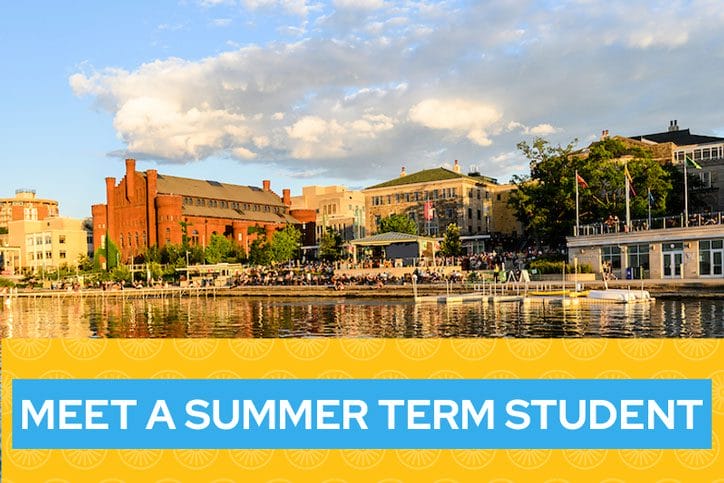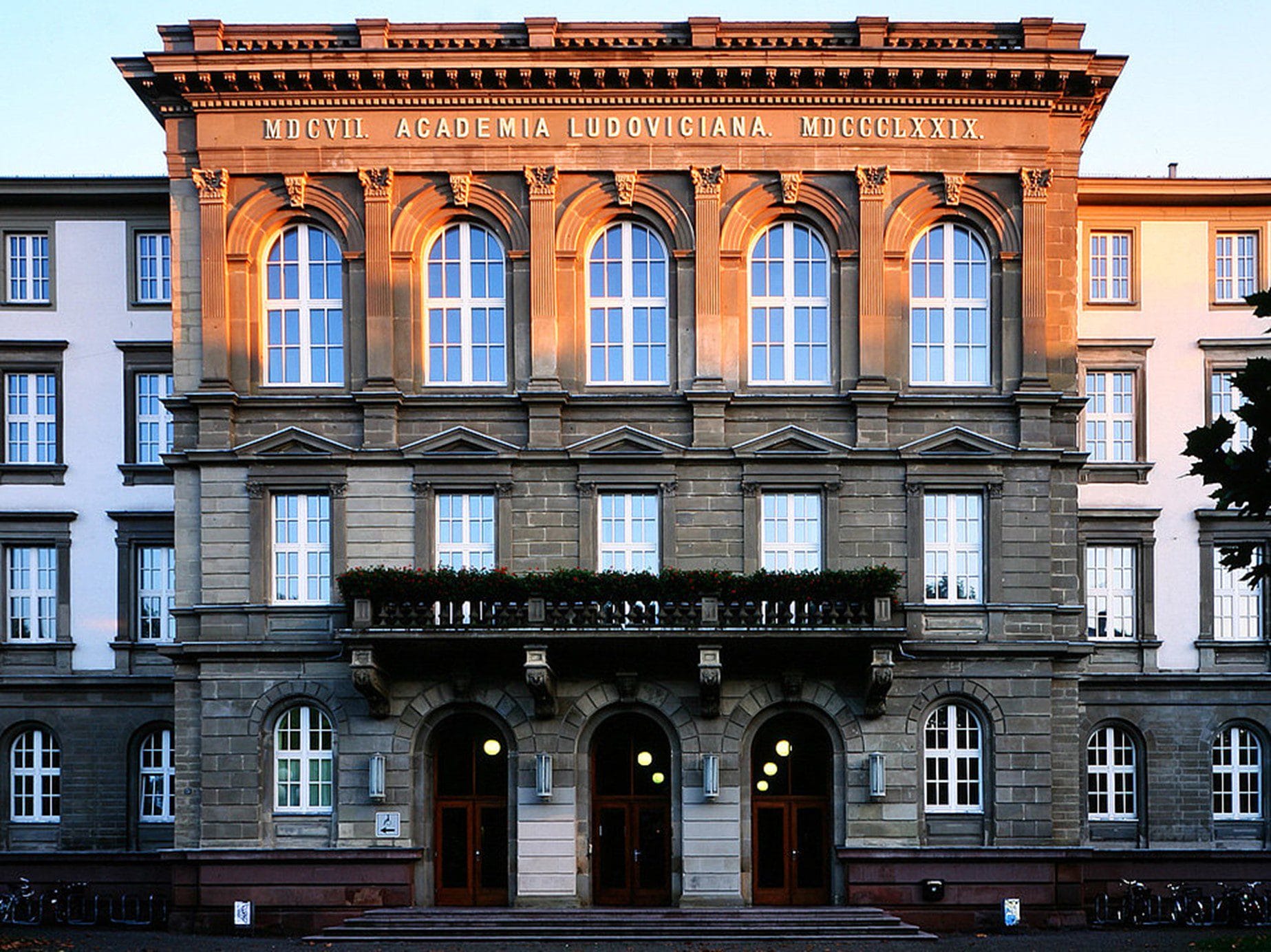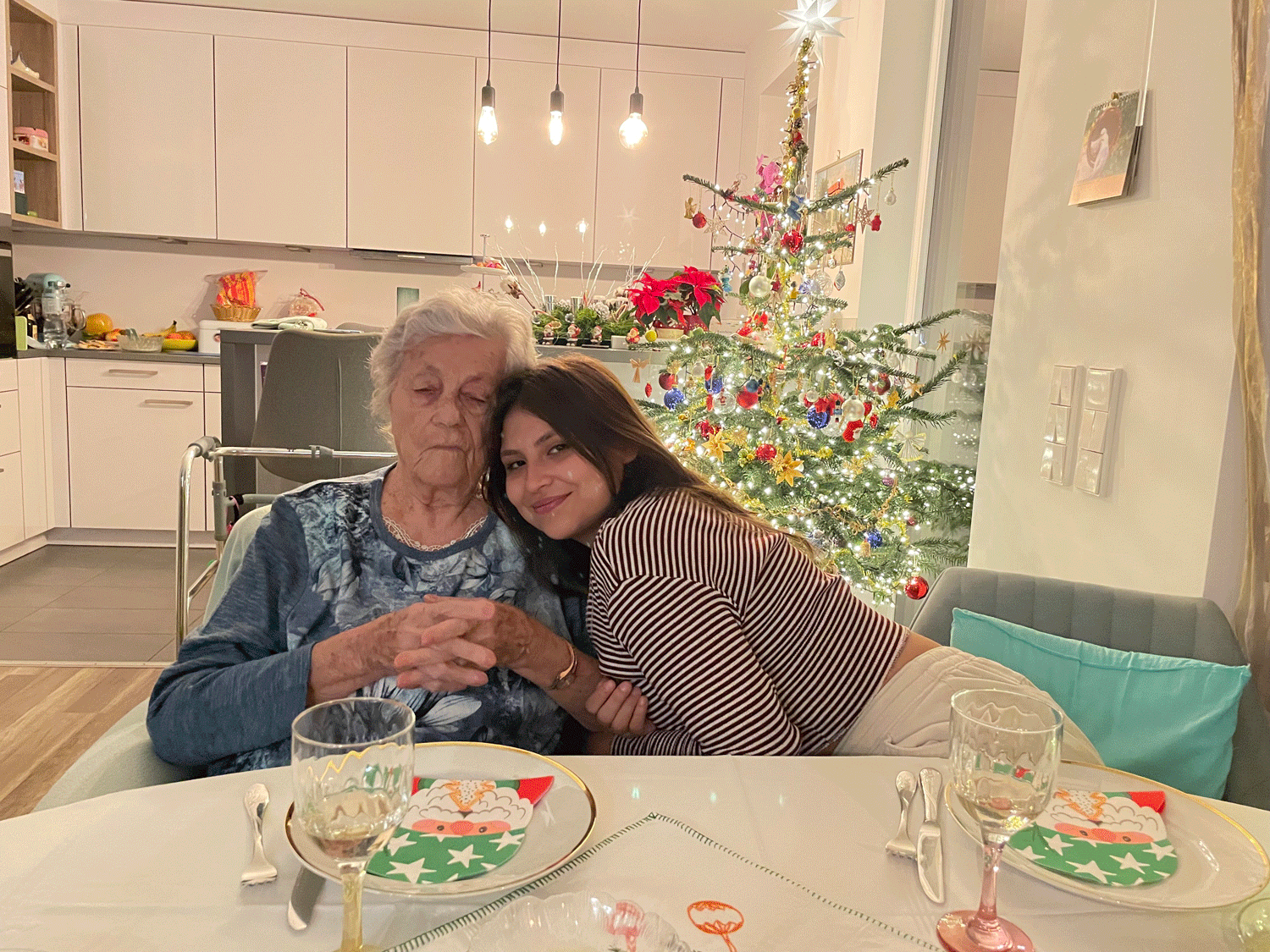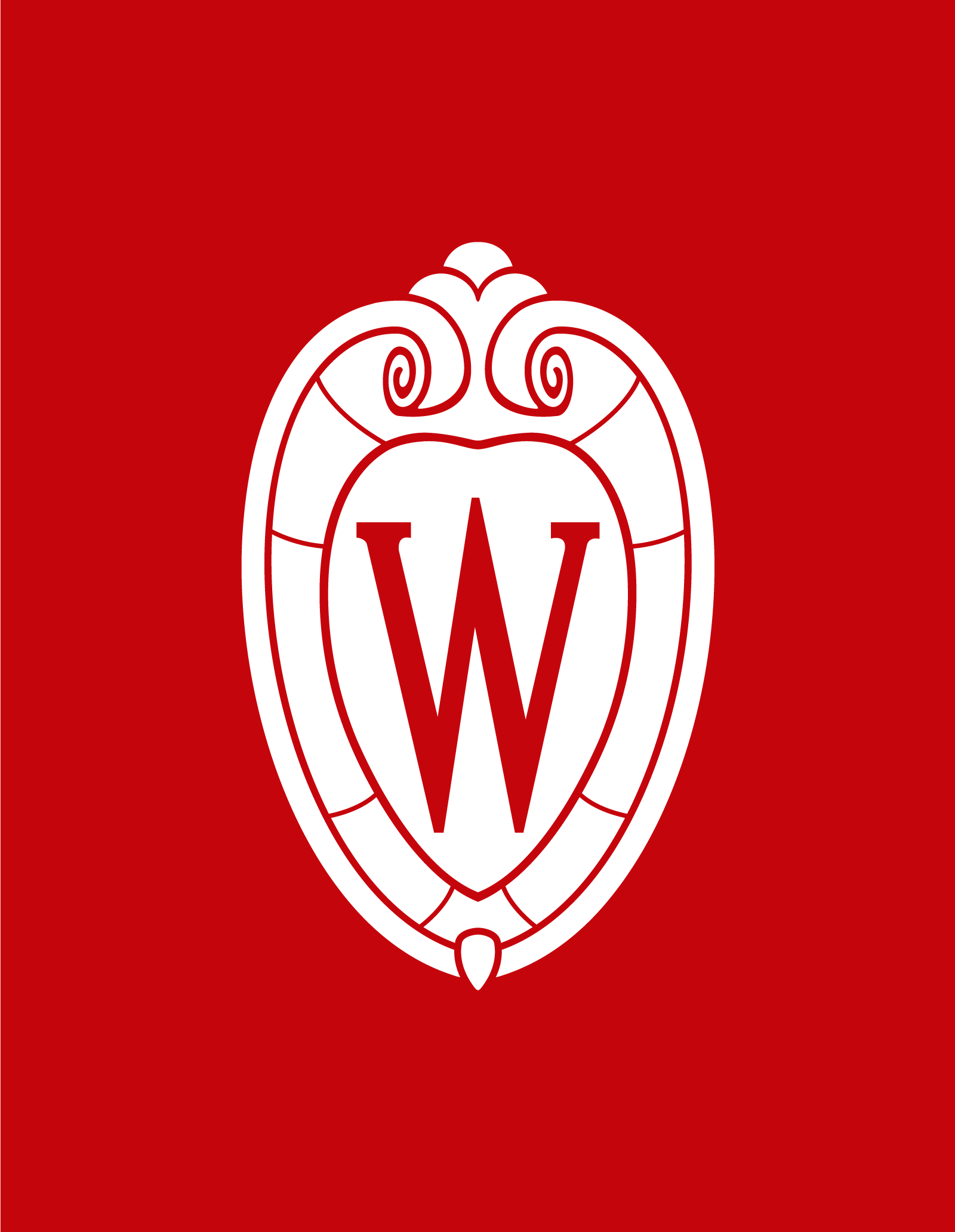

Meet Cindy, preserving German history
For Cindy Barbosa, a rising third-year communications major, this summer is more than just an opportunity to relax — it’s a chance to reconnect with her roots and gain invaluable experience abroad. Fluent in German from her multicultural background as half German and half Colombian, Cindy embarked on a six-week journey to Giessen, Germany.
Through a UW Signature Internship program, she is working at Justus Liebig University (JLU) in the Arbeitsstelle Holocaustliteratur (AHL) — the only Holocaust literature research center in Germany. Cindy’s internship blends cultural immersion with academic growth, offering her new perspectives on the world.


The UW Signature Internships range from marketing and legal assistance in Chile, biotech research in Mexico, teaching English in France, and so much more, which all came with a minimum $800 grant this summer and more scholarship opportunities. This particular internship grew from UW–Madison’s long standing partnership with Justus Liebig University and was created in honor of Mildred Fish-Harnack, a UW alumna who participated in the German resistance and was ultimately executed by the Nazis.
Through her work with AHL, Cindy is contributing to the important task of preserving Holocaust literature and ensuring that the lessons from history are not ignored or forgotten.
At the midpoint of her internship, she talked about how her experience has been so far and what she hoped was still to come.
Gaining cultural insights
Cindy’s work for the AHL focuses on preserving and discussing texts written by Holocaust survivors and has included translating the center’s website, assisting with event promotions, attending panels and seminars, and digitizing literature to help make historical texts more accessible.
“It’s fascinating to see how they talk about history and the Holocaust here. All conversations revolve around the Schuldfrage, the guilt question. The perspective is very much about guilt and responsibility, something I haven’t experienced much in American education,” she said.


Cindy has also been learning about the subtle biases that condition societal attitudes. For instance, the word for refugee, “Flüchtling,” uses a suffix that often carries a derogatory connotation, subtly conditioning negative attitudes towards refugees.
“In German, the suffix ‘-ling’ is primarily used for words that are degrading, like ‘weakling’ or ‘coward’. This made me realize how the language itself is conditioning people to think of refugees as lesser,” she shares. These linguistic insights have been particularly impactful for Cindy, given her bilingual background and her interest in communications.
Learning about troubling trends
The connection between Cindy’s studies of the Holocaust and Germany’s current political climate, where there has been a notable rise in neo-fascism, have not been lost on her. This trend is deeply intertwined with the country’s history and its ongoing grappling with the legacy of the Holocaust.
“The biggest topic of concern in the political sphere is very clearly immigration,” she said. Support among German youth for the Alternative for Germany (AfD), Germany’s far-right party whose members consistently use Nazi slogans at campaign events, is growing at a rapid rate, with support among Bavarian 18-24 year-olds more than doubling from the previous election. Conversations with her colleagues and peers have revealed that “it’s pretty much unheard of for the youth in Germany to be so openly right until now, and it’s jarring to see them moving this way.”


Cindy’s colleagues at the AHL have expressed their worries about this political shift. “We had a meeting, and one of the professors mentioned a conversation with a local government official who said they were sure that local governments would soon be run by more far-right parties.”
This has led many German university programs to consider measures to make their work more resilient and less susceptible to government control and influence. “That’s what happened in the Weimar Republic, where progressive educational programs were easily censored and cast aside by the government. It’s absolutely crazy to hear that they think it’s happening again and so scary that that’s a conversation they are having,” Cindy reflects.
Personal growth and future goals
Despite the heavy topics she encounters in her academic work, Cindy has found time to explore Giessen, taking walks by the stream and immersing herself in the local culture.
“The Euros are going on in Germany right now, there’s a game in Frankfurt nearby today. I’m loving the atmosphere and how excited everyone is getting!” she said. Her German heritage has been a significant asset, allowing her to navigate the cultural landscape more comfortably and improve her language skills.
“This experience has really helped me improve my German. My grammar is getting better, and people don’t think I’m being rude when I talk anymore,” she laughs.


Upon returning to Madison, Cindy hopes to continue with research, inspired by her experience at the AHL. “I currently work as a student researcher for the nonviolence project. (You can read her writing here.) But I’ve loved the taste I’ve got of what the camaraderie of a small work environment can be like within the humanities, and so I’m looking for more collaborative research opportunities on campus,” she explains.
Her experience underscores the value of Summer Term programs in providing students with unique opportunities to learn and grow. “Despite the challenges, I am very happy with my decision to do this internship. I’m gaining some very cool experience and learning a lot about the world and what I want in a future career,” Cindy said.
Ready to design your own summer story? Explore the courses and opportunities available through UW–Madison’s Summer Term and make the most of your summer. For more stories and updates, follow us on Instagram @uwsummer and share your Badger summer experiences with #MyBadgerSummer.
Published on Jul 15 2024
Last Updated on May 30 2025
Categories: Student stories, Summer Term
Tags: arts and humanities, international, internships, student life
Previous Post
Badgers give back during the summer
